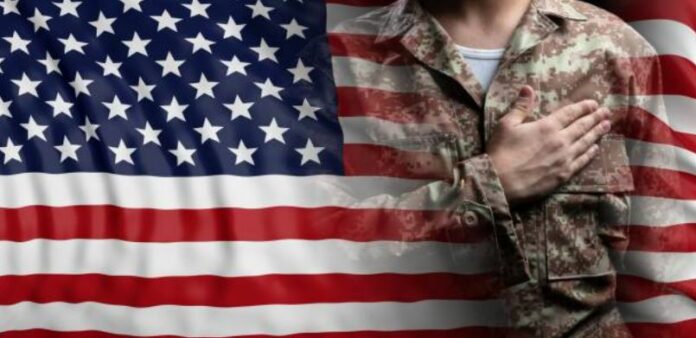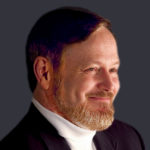My Dad told me about a parade he witnessed as a boy when he lived in Florida in the ‘20s. Leading the parade were old, old men some wearing blue uniforms and some wearing gray. He said his father explained that these were some of the last Civil War veterans—native-born sons of the south in the gray, and Yankee transplants from the north in the blue. All were walking together.
When I was a very young boy I remember accompanying my mother to a large older home. My mother visited with the silver haired lady of the house and I was shuffled off to stay with the woman’s father in the den. I saw an exceedingly old man sitting in a wheelchair who beckoned me towards him. He was deeply wrinkled, had that old man smell, and he held in his lap a small fabric covered box. He opened the box and showed me a medal. He said he received it from Teddy Roosevelt himself for heroism in the Spanish-American War. He then pointed to the sword on the wall. I didn’t know who Teddy Roosevelt was nor what the Spanish-American War was, but was very impressed by the long and tarnished sword suspended on the wall behind the man. He said maybe someday he’d let me hold it. A few months later my mother and I again visited the silver haired lady and I asked her about the old man. She said he had died. I never did get to hold that sword.
My Dad was named for his Uncle Jack who served on a Navy destroyer in World War I. Great-Uncle Jack told me once about a convoy they were guarding that was attacked by U-boats with two merchant ships torpedoed and sunk. He talked about the fear of being the next to be attacked and hearing the screams of men before they slipped beneath the waves. At the time Uncle Jack was in a Veterans hospital dying of non-war related cancer, but he still remembered the screams of 40 years before.
I remember barbecues in the ‘60s where my Dad and other men would talk about the good times they’d had serving in World War II, but never the bad. They used to kid my Uncle Dick that since he only served in Korea he never was in a real war, although Uncle Dick used to awaken at night screaming about the attack that killed two men out of five in his platoon. As the day went on the men drank more beer, boasted and teased as men do with other men, and as darkness approached their conversation always grew quieter as they remembered past buddies that were no longer around.
In my nineteenth year my draft number was 119, which included me in the current wave of draftees for that year’s Vietnam War lottery, but then they ended the draft—for which I am personally grateful. I had a close friend that volunteered and went over and said he’d collect enough medals for both of us, but he didn’t make it back.
Last year we celebrated my nephew’s safe return from his third tour in Afghanistan. This time he was only blown up once, but this was the fifth time he’d avoided death or injury from a roadside bomb. During his tour my sister-in-law had her house decorated in red, white and blue and prayed for his safe return. It must have worked.
This is how I remember Veteran’s Day.


























